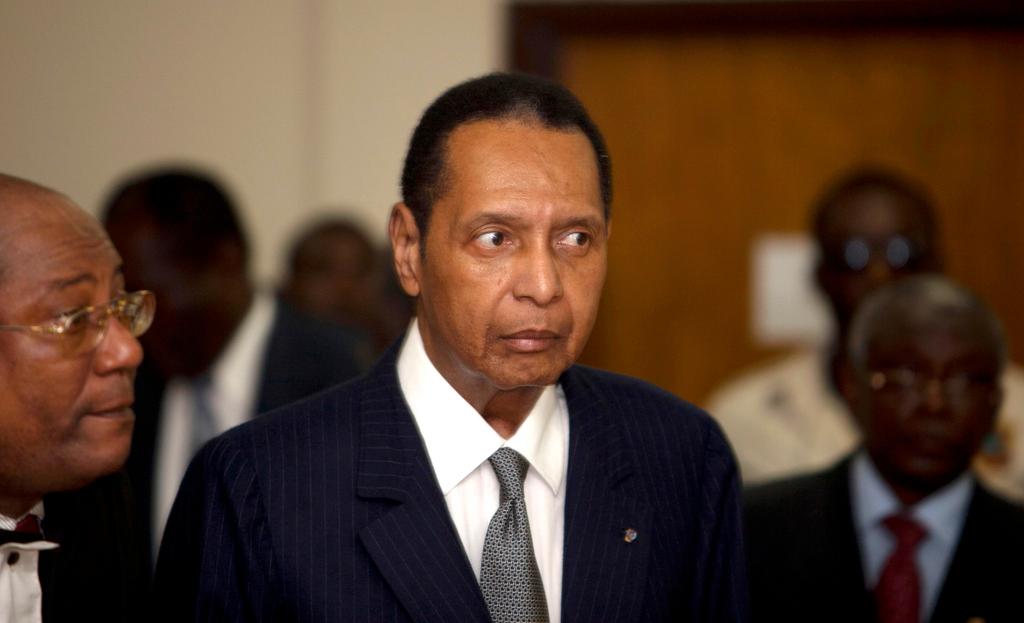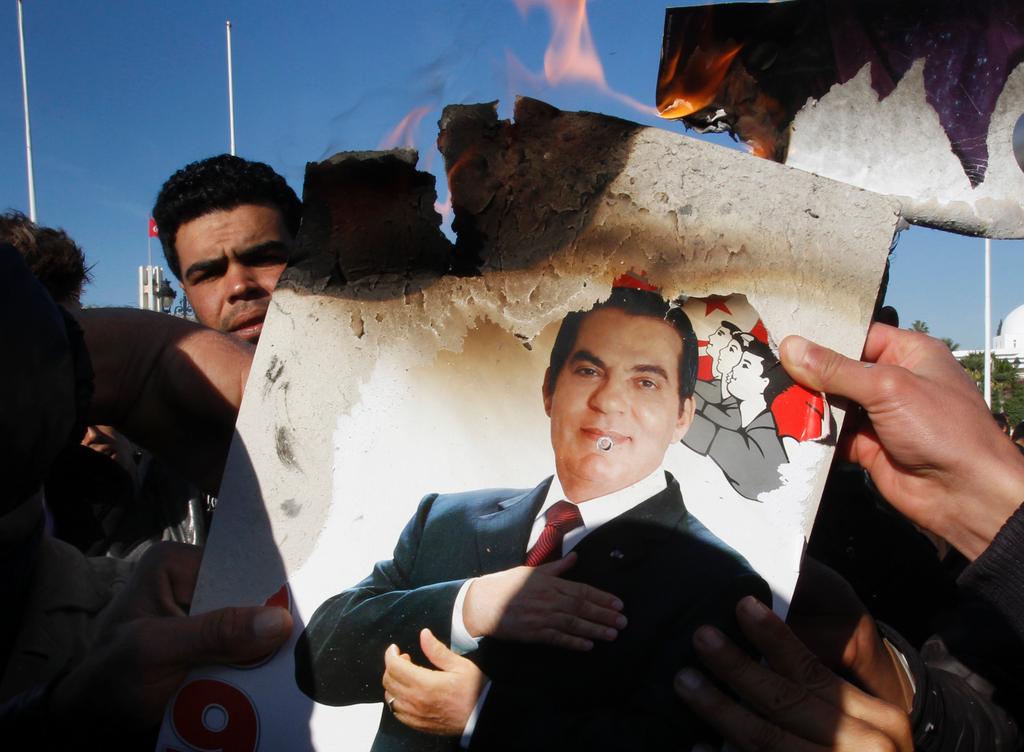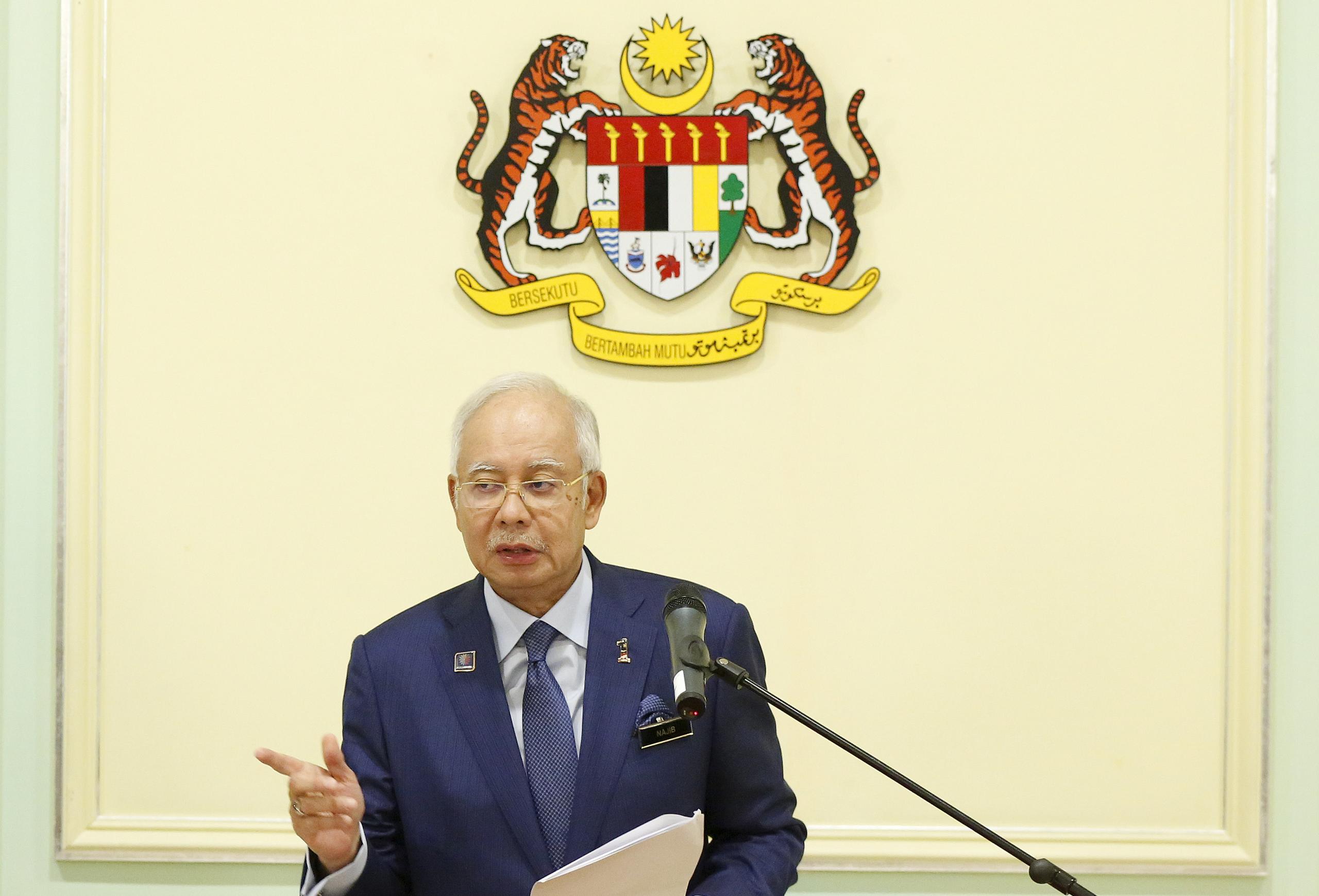Funds of former Haitian minister blocked

The Swiss federal administrative court has confirmed the blocking of CHF4.5 million ($4.55 million) placed in a Geneva bank by a former cabinet minister of deposed Haitian dictator Jean-Claude “Baby Doc” Duvalier.
The funds had eluded restitution measures concerning the assets of Duvalier, who died last year, and his entourage.
Credit Suisse had waited until 2011 to alert the Money Laundering Reporting Office to the funds. Following the opening of a money laundering investigation by the Office of the Attorney General, the cabinet decided to block the funds in October 2012.
On Thursday the administrative court confirmed this and rejected claims by the widow of the former minister that her husband, who she claimed had played a key role in the fall of the Duvalier dictatorship, had placed the money in Switzerland decades ago.
The court said all the conditions for blocking had been met, adding that the funds in question would have been blocked in 1986 if Credit Suisse had made their existence known.
Lex Duvalier
Duvalier inherited power from his father, François “Papa Doc” Duvalier, aged 19 in 1971, but fled into exile in 1986 during a popular uprising which ended 28 years of rule by the father-and-son dynasty.
Known for his playboy lifestyle, he was said to have illicitly amassed at least $300 million (CHF295 million) from skimming money from government contracts. He was alleged to have fled Haiti with more than $100 million stashed in European bank accounts.
Haiti asked Swiss authorities to freeze $5 million in 1986, but returning them proved hard because Haiti failed to mount a legal case. Duvalier almost won the money back by default in 2002 when the statute of limitations kicked in. Switzerland extended the order by invoking constitutional powers which allow it to freeze assets to safeguard national interests.
In 2011, it introduced the “Lex DuvalierExternal link”, which allowed the authorities to freeze and confiscate allegedly looted funds from failed states that are unable to mount a case against a corrupt official. It reverses the burden of proof, requiring those accused to prove they obtained money legally.

In compliance with the JTI standards
More: SWI swissinfo.ch certified by the Journalism Trust Initiative




You can find an overview of ongoing debates with our journalists here. Please join us!
If you want to start a conversation about a topic raised in this article or want to report factual errors, email us at english@swissinfo.ch.